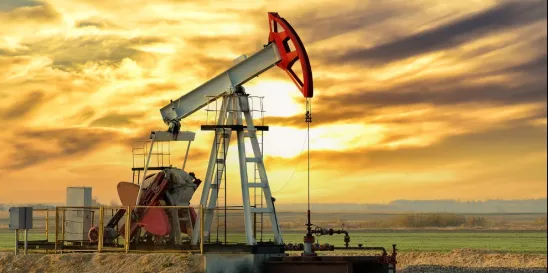The decision in City and County of Honolulu v. Sunoco LP allows tort litigation against various oil and gas producers to proceed. Below, we outline the context of the decision and provide takeaways for the regulated community on what comes next.
The Case’s Context
Honolulu government entities (collectively “Honolulu”) sued various oil and gas companies alleging that they misled the public about climate-related risks associated with using these fuels. The companies’ “sophisticated disinformation campaigns to cast doubt on the science, causes, and effects of global warming” caused property and infrastructure damage in Honolulu.
The companies responded that this litigation was just another in a long line of cases seeking to regulate interstate and international greenhouse gas emissions (GHG), which are caused by “billions of daily choices, over more than a century, by governments, companies, and individuals.” The plaintiffs “seek to recover from a handful of Defendants for the cumulative effect of worldwide emissions leading to global climate change and Plaintiffs’ alleged injuries.” The companies argued both that Hawaii courts lacked jurisdiction over them and that the claims were barred by the federal Clean Air Act.
Jurisdictionally, the Supreme Court of Hawaii allowed the Honolulu claims to proceed on the grounds that the claims “arose out of” and “relate to” the companies’ sale and marketing of products in Hawaii. “This case concerns torts committed in Hawaii that caused alleged injuries in Hawaii.”
In terms of substantive law, the Hawaii court found, as have many courts before it, that the passage of the Clean Air Act permitted state tort claims to proceed. Because federal law did not “occupy the entire field of emissions regulation,” Honolulu was allowed to use traditional state police powers to protect itself against deceptive marketing.
What’s Next?
We offer three takeaways from this decision.
First, Hawaii state courts are clearly engaged on climate issues and this is the second major Hawaii state environmental decision this year.
We discussed In re Hawai’i Electric Light Company, which reviewed the rejection of a power purchase agreement (PPA) involving a biomass power plant by the Hawaii state public utility commission. While the majority rejected the PPA on process grounds, a concurrence emphasized “that the right to a life-sustaining climate system is . . . included in the due process right to ‘life, liberty, [and] property’ enumerated in the Hawaii state constitution as well as the “public trust doctrine” embodied in other sections of the same document. In the concurrence’s view, climate change poses an emergency that poses “the single greatest threat to the natural environment and human societies that ‘the world has ever experienced’.” Accordingly, Hawaii state agencies have a “constitutional duty to limit greenhouse gas emissions to prevent . . . global warming.” The state government is obligated to address these concerns under the “public trust doctrine,” a theory which has been rejected by federal courts.
Second, the decision covers well-trodden ground in terms of jurisdiction and the pleading phase of a climate-tort case. Last term, the US Supreme Court declined to review other cases originally filed in state courts against fossil-fuel-associated companies seeking damages related to climate change. (See our discussion here.) These cases raised the same argument – that GHG regulation was by nature federal. While some issue from these cases may find its way back to the Supreme Court, the preemption arguments raised here are clearly closed.
Finally, the decision may be more interesting if viewed through an environmental, social, and governance (ESG) lens. Much of the court’s analysis hinges on the “deceptive promotion” of risks posed by using carbon-based fuels. Earlier this year, we outlined how “greenwashing” theories could be used to fill in a perceived vacuum caused by broad frustration with the lack of comprehensive regulation of carbon- and climate-related issues. The Hawaii decision is squarely in line with this trend.
What can the regulated community do to protect against claims like these? Clearly, claims like these are already being litigated against the oil and gas industry in courts across the country. For these companies, this is “bet the company” litigation.
For companies with a lower profile, commonsense steps like the following may prove helpful in defending against ESG-related litigation:
- Be aware of the stakeholders or nongovernmental organizations (NGOs) within your operations territory.
- Remain informed of litigation trends, both inside and outside of the ESG space.
- Ensure that data, including digital advertising, used to attract customers accurately represents corporate policies, data, and intentions. For example, “net zero” claims – presenting plans that a company will have no carbon dioxide emissions in the future – are likely to occasion litigation against various entities in the coming years.



 />i
/>i

